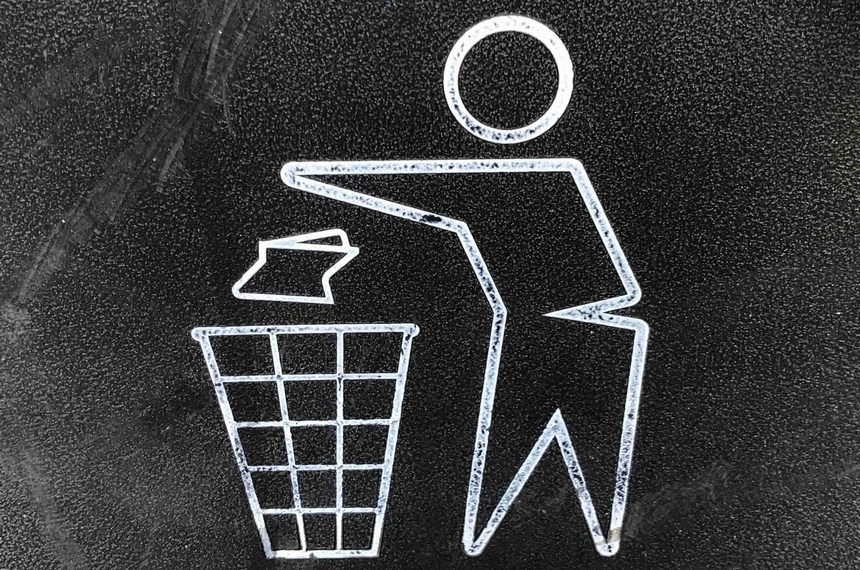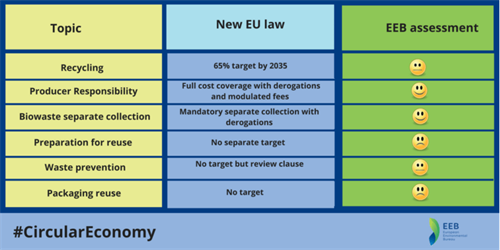
New European waste legislation
After three years of discussions, the European Parliament and Commission reached an agreement with Member States to boost recycling targets and waste prevention across Europe, together with a compromise with Member States on crucial waste laws to accelerate the transition to a circular economy in Europe.
Creating a truly circular economy in Europe means having an efficient, accurate and coherent way of seeing how much material is put back into the value chain and recycled. Measuring recycling at the waste collection stage, which is how it has been done until now, generates significant losses later on in the recycling value chain. This means there has been a need for targets for ‘real’ recycling that correctly measure how much material is really recovered from waste and actually reprocessed.
The agreement reached by the European Parliament and Council is a step forward because it proposes a methodology measuring recycling rates when waste materials are reprocessed into new products
Below are the most significant agreement as reported by the European Environmental Bureau:

Member states will be required to recycle at least 55% of their municipal waste by 2025, 60% by 2030 and 65% by 2035, whereas the European Parliament proposed a 70% by 2030. The new laws will come into force in the beginning of 2018 and will need to be transposed into national legislation within 2 years.
Find out more on official page of European Commission DG Environment
Author: Marco Matrisciano (Abis - The Academy of Business in Society)

Follow us on